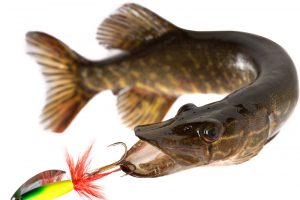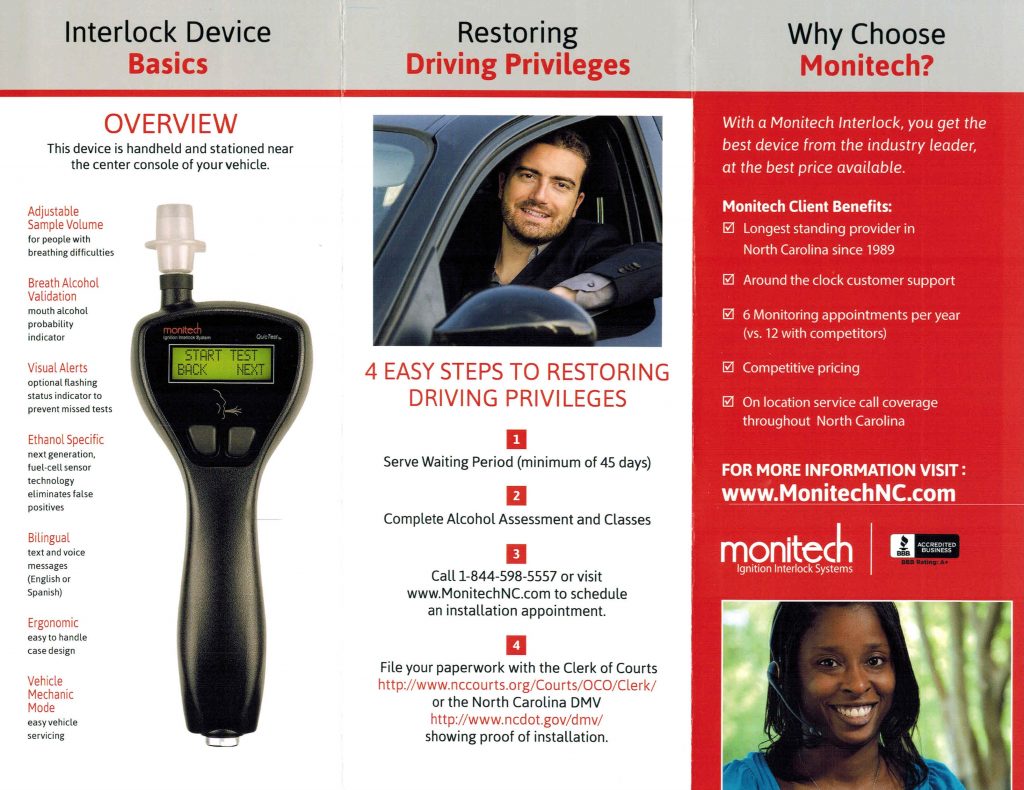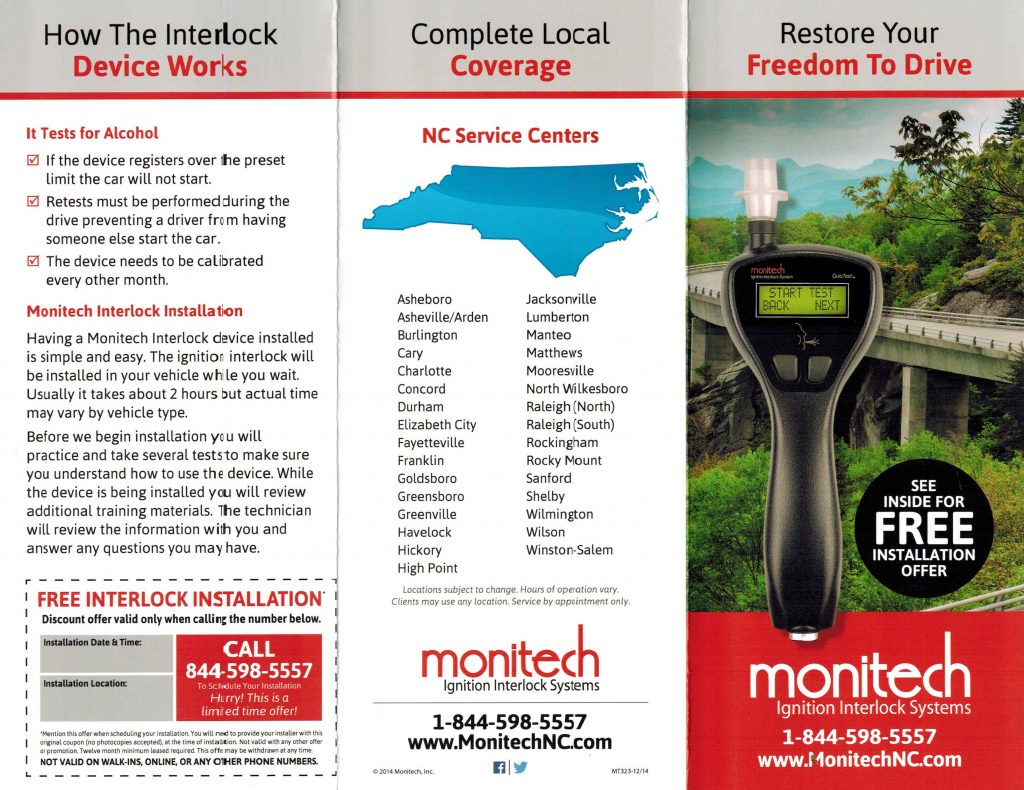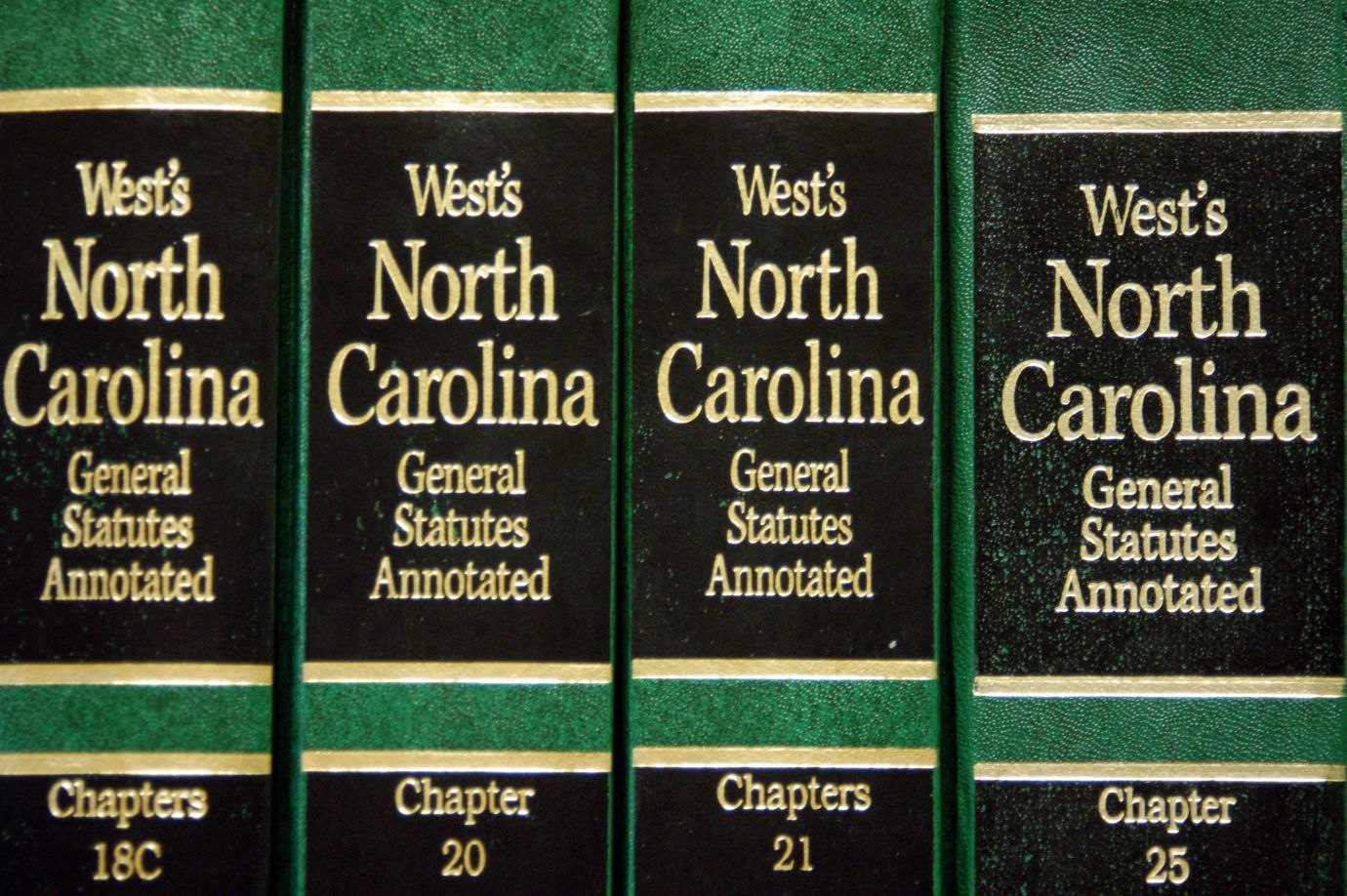Retain Legal Counsel Immediately. It makes sense to sit down with an experienced attorney to understand a sometimes complicated legal system.
 Modified Transcript for Hearing Impaired:
Modified Transcript for Hearing Impaired:
 Modified Transcript for Hearing Impaired:
Modified Transcript for Hearing Impaired:
Dealing with the media, especially in high-profile criminal matters can be a delicate process. Attorney Bill Powers discusses some of the legal issues involved in North Carolina.
Scheduling criminal cases in North Carolina regularly involves a complex balancing of interests, especially when matters concern public figures and substantial pretrial media coverage.
 A 75-year-old Wisconsin man has come up with a whopper of a DWI defense. It was the fried fish.
A 75-year-old Wisconsin man has come up with a whopper of a DWI defense. It was the fried fish.
Yah, not so much. In the South, we’d say, “That dog won’t hunt.” If you’re a cheesehead from Wisconsin, that means the same thing as “Malarkey.”

Monitech Ignition Interlock Monitoring, also known as the IID Ignition Interlock Device or the “Blow-and-Go” is sometimes mandated as a condition for operating a motor vehicle in North Carolina. The purposes of “monitoring” include:
 The North Carolina Ignition Interlock Device (IID), sometimes referred to as the “Blow-and-Go,” may be required in certain DUI DWI Impaired Driving Offenses NCGS 20-179.3 and Conditions of Restoration following a Department of Transportation / Division of Motor Vehicles (DMV) Hearing. Monitech is one of three companies authorized by the State of North Carolina to install, monitor and report back to the Court or DMV results of breath testing.
The North Carolina Ignition Interlock Device (IID), sometimes referred to as the “Blow-and-Go,” may be required in certain DUI DWI Impaired Driving Offenses NCGS 20-179.3 and Conditions of Restoration following a Department of Transportation / Division of Motor Vehicles (DMV) Hearing. Monitech is one of three companies authorized by the State of North Carolina to install, monitor and report back to the Court or DMV results of breath testing.
Monitech recently forwarded to our office the attached brochure, requesting we let clients know there is presently in place a Free Installation offer. Powers Law Firm PA does not expressly endorse one company over another. Indeed, we regularly serve as legal counsel to clients whom have been accused of consuming alcohol and driving, necessitating a challenge to the accuracy of such devices in court and are further called to cross-examine Monitech employees regarding installation errors, datum dumps, reporting errors and false readings.
As some background on Breath Alcohol Testing Devices, the IID:

In an earlier post “The Grand Jury – What Does It Mean to be Indicted” we briefly mentioned the “indictment” and Grand Jury proceedings. Although most people have a working understanding of what the word “indictment” means and at the least have heard it used previously in news reports, television series and crime novels; most do not understand the integral role it plays in our complex legal system. It is therefore prudent to start from the ground up in understanding what an indictment is and the role it plays in the criminal legal practice.
To recap, the grand jury decides to issue an indictment if it believes there is sufficient evidence to charge someone with a crime. An indictment is the document setting forth such charges. To be specific, North Carolina General Statute 15A-641(a) defines the indictment as “a written accusation by a grand jury, filed with a superior court, charging a person with the commission of one or more criminal offenses.” Merrium-Webster Dictionary states the meaning quite simply as “an official written statement charging a person with a crime.”
Bill Powers, Vice President of Communications for the North Carolina Advocates for Justice, invites you to Mountain Magic 2014. “NCAJ does an absolutely fabulous job with Continuing Legal Education. Mountain Magic 2014 promises to be an engaging opportunity to learn and for lawyers throughout the state to network, to socialize and to spend time getting to know one another.”
Mountain Magic is smack dab in the middle of the best part of the year to watch the leaves change. It also is smack dab in the middle of some of the Best Lawyers in North Carolina. If you want to learn, mingle and get to know leaders in the law, register now.